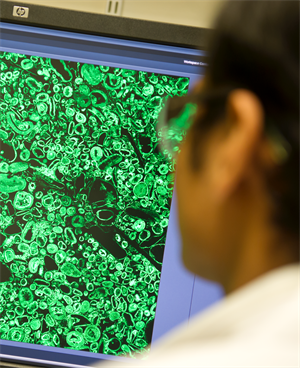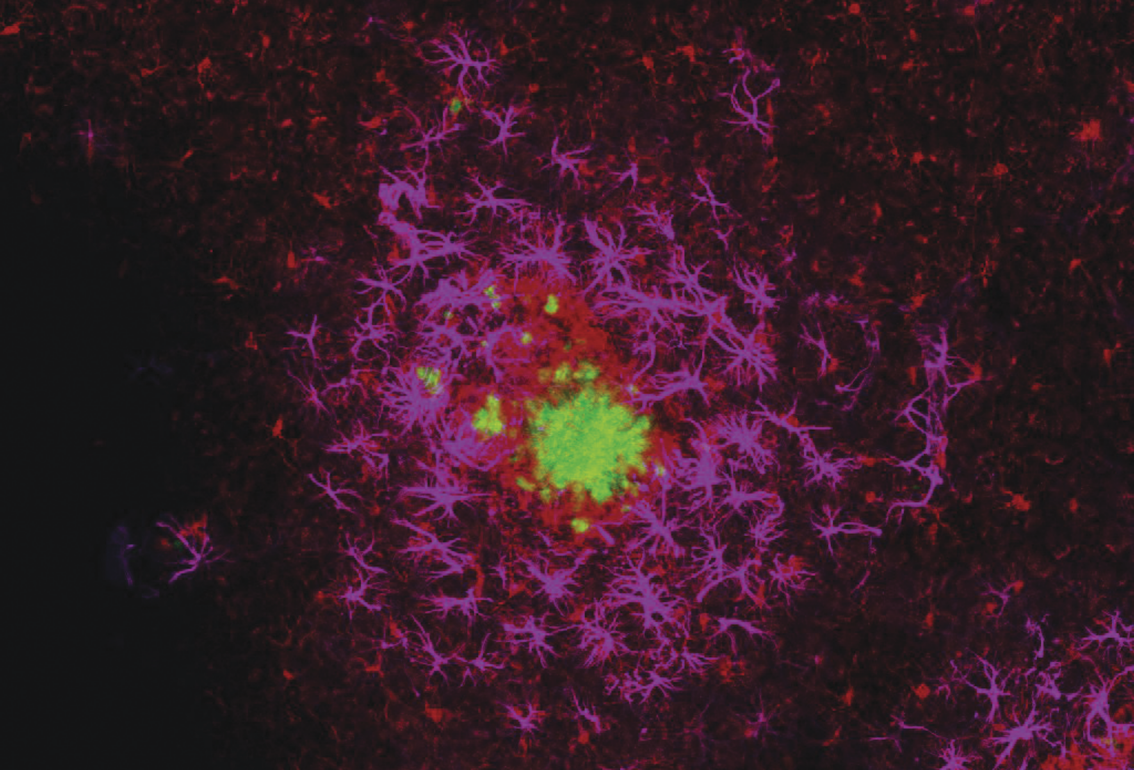
What is Convergence Discovery?
While convergence science excels in advancing late-stage translation, its principles and methodologies can be equally valuable in the realm of discovery research. By embracing the integrative nature of convergence science, researchers can effectively combine diverse fields such as biology, physics, engineering, and computational science to gain novel insights and breakthroughs in understanding fundamental biological processes. In the context of cancer research, convergence science empowers scientists to explore complex interactions between genetic, epigenetic, and environmental factors that contribute to tumorigenesis. This interdisciplinary approach enables the investigation of intricate molecular pathways, identification of biomarkers, and discovery of potential therapeutic targets. By leveraging the power of convergence, researchers can unravel the underlying mechanisms of cancer development, progression, and response to treatment. Convergence science facilitates the analysis and integration of vast datasets, including genomics, proteomics, transcriptomics, and clinical data, which are crucial for comprehensive cancer research. Advanced computational tools and algorithms developed within the convergence framework enable the efficient processing and analysis of these complex datasets, leading to a deeper understanding of cancer biology.

Discovery science serves as a valuable scientific methodology for exploring large-scale experimental data, enabling the formulation of new hypotheses through the observation of quantitative and qualitative patterns and correlations. This approach has gained significant popularity in the fields of biology and medical research, particularly with the advent of multi-OMICS and multi-modal approaches, as well as the integration of artificial intelligence. However, effectively navigating complex data and accelerating data collection in cancer research requires the deployment of intricate and innovative analytic pipelines, as well as the utilization of cutting-edge computational science.
Convergence science plays a vital role in enhancing the landscape of discovery research. It can directly contribute to this process by introducing novel methodologies and promoting innovative analytic practices. Additionally, convergence science indirectly augments the quality and breadth of data collection, thereby leading to more comprehensive and insightful findings. By leveraging key mechanisms involved in the development, progression, and metastasis of tumours, we can establish a rational basis for devising strategies to prevent, detect, diagnose, and treat various forms of cancer.
However, our current understanding of the mechanisms underlying tumour development, progression, and metastasis is far from complete. This knowledge gap partly arises from the lack of methodologies and technologies capable of tracking microscale events in vivo. To address this challenge, we firmly believe that the synergy between convergence and discovery sciences holds great promise. By leveraging this synergy, substantial progress can be made in terms of how we collect, analyse, and interpret biological data, thereby significantly advancing our understanding of cancer and its complexities.
Convergence science enables the development of technologies and tools that offer fresh perspectives by merging expertise from the biological and engineering and physical sciences (EPS) fields. This interdisciplinary approach holds great potential in addressing clinically relevant and currently intractable problems in cancer research.
Significant advancements in technology can be achieved through convergence science, particularly in the following areas:
Visualising biological processes of cancer progression: By leveraging the merging of biological and EPS expertise, new imaging techniques and methodologies can be developed to gain a deeper understanding of tumour heterogeneity and evolution. These novel approaches allow researchers to explore the intricate processes underlying cancer development and progression, providing valuable insights for developing targeted therapies.
Understanding the physical relationship between tumours and their environment: The recapitulation of the tumour microenvironment, including its interactions with the immune system, is crucial in comprehending cancer dynamics. Convergence science facilitates the exploration of the physical aspects of tumours and their surrounding tissues, aiding in the identification of factors influencing tumour growth, metastasis, and response to treatment. This understanding can inform the development of interventions that target the unique characteristics of the tumour microenvironment.
In vivo monitoring of processes: Convergence science offers opportunities for real-time monitoring of biological processes within living organisms. This capability is invaluable for studying the mechanisms of action of therapeutics, identifying the emergence of resistance, and optimising combination strategies. By non-invasively monitoring these processes, researchers can gain insights into the efficacy and behaviour of therapies, leading to improved treatment outcomes.
Promoting an iterative forward and reverse-translational model: Convergence science fosters a bi-directional translational approach, where discoveries made at the bench are applied to the clinic, and clinical observations inform further research at the bench. This iterative process allows for the development of biologically-informed patient selection and stratification strategies, ensuring that new therapies are directed towards the appropriate patients. By aligning biological insights with patient characteristics, convergence science can facilitate the approval and adoption of innovative therapies.
The convergence of engineering and physical sciences with cancer research offers immense promise in addressing challenging problems within the field. By merging expertise from diverse disciplines, convergence science enables the development of new technologies and methodologies, providing fresh perspectives and opportunities to enhance our understanding of cancer and improve patient outcomes. Embracing this ethos opens doors to collaboration, innovation, and ground-breaking discoveries that can revolutionise cancer research and treatment.
Joining the convergence science movement means breaking free from traditional disciplinary boundaries and becoming part of a vibrant community dedicated to making a lasting impact in the fight against cancer. By embracing the challenges and opportunities at the intersection of engineering, physical sciences, and biology, you can contribute to unravelling the complexities of cancer, discovering novel therapeutic targets, and developing advanced technologies for personalised and effective patient care. Together, we can forge new paths, bridge gaps, and shape the future of cancer research, making a tangible difference in the lives of those affected by this terrible disease.
